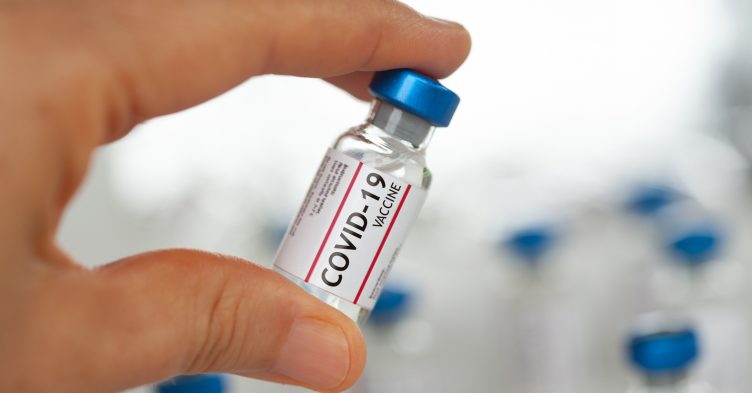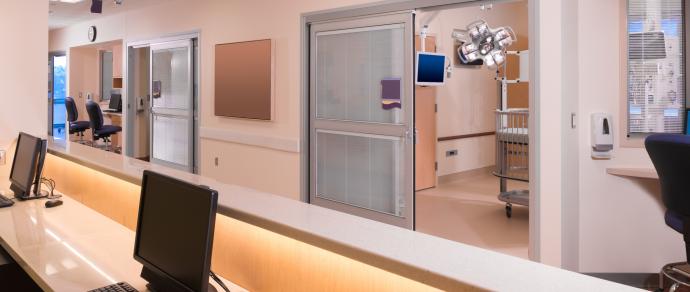The current shortage of nurses in the UK could have been anticipated, said the Migration Advisory Committee (MAC).
It has reluctantly recommended that nurses remain on the government’s shortage occupation list, which means positions are available to migrants outside the European Economic Area.
However MAC said that health, care and independent sectors should have spotted the problem.
Factors including an aging population, problems with training staff, pay and recruitment have also been compounded by the government’s squeeze on NHS budgets, MAC said.
It is predicted to take another three years before there are enough UK-born nurses to meet demand, according to Department of Health’s evidence to MAC.
There was no shortage a year ago, but nurses were added to the shortage occupation list (SOL) in October as an interim measure to make sure there were enough nurses to cope with winter pressures.
Professor Sir David Metcalfe who chairs MAC said: “We have reluctantly made this recommendation. However, there is good reason why the supply of nurses cannot be sourced domestically.
“There seems to be an automatic presumption that non-EEA skilled migration provides the health and care sector with a ‘Get Out Of Jail Free’ card.”
MAC found evidence that some employers are using non-EEA nurses to save money, rather than finding other solutions to the shortage.
It said the nursing shortage in England is “closely linked” to the decision to cut training places by almost a fifth between 2009 and 2013.
It found that poor workforce planning was a problem and had not considered the demand for nurses in the care and independent sectors until recently.
Financial pressures on the NHS including the ongoing pay restraint for nurses played a key role in the shortage, said MAC. It could also have given employers an incentive to recruit migrant nurses at for less money.
MAC has previously found that on average migrant nurses are paid £6,000 less than equivalent UK workers.
The Royal college of Nursing’s (RCN) director of nursing, policy and practice Professor Dame Donna Kinnair said it was a “positive and forward-thinking recommendation” but it “lays bare the short term decisions and failure to plan for the long term which has led to this position”.
She said it was essential the UK is able to train and retain enough of its own nurses by ensuring “there are enough training places and that nursing receives the pay, recognition and respect that it deserves to attract people to the profession”.
However NHS Employers chief executive Danny Mortimer said he was “delighted” with the recommendation.
He said MAC’s suggestion that the NHS was underpaying international recruiters as a master of policy “misunderstands the way in which previous service in the NHS is recognised by employers”.








